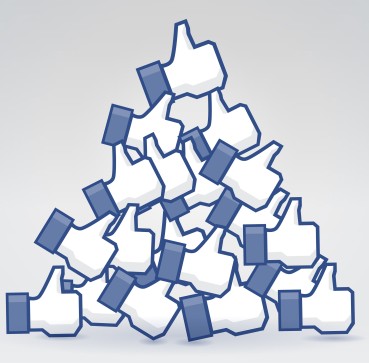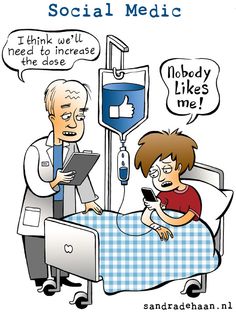As an avid video game player I cannot help but open this discussion with a quote from an old “Call of Duty” game and that is “The numbers mason, What do they mean?”
Numbers are everywhere we all know that, it’s in our textbooks, shopping lists, diets, pay, television, everywhere. However until now those numbers really have only had an impact on the ways in which we conduct and plan our daily lives. After viewing a TED Talk by Gary Wolf titled “The quantified self”, it brought me into a deeper state of thinking about how much numbers have moved from something as a reflection of system and more something as a reflection of self.
Taking a different path from Gary’s approach of health and monitoring and the impact of those numbers, I’m taking this from a point of view about a different form of number. It’s a number that is so menial and meaningless but has somehow become what’s known as a virtual currency (literally, people pay for this) this is of course is those pesky but oh so important “Likes”.
Most people and definitely a vast majority of millennials and young adults have been in this situation where we take what we believe is the most perfect photo of ourselves ever, or if we are feeling a little philosophical, a super deep and meaningful quote (which is usually ripped off from song lyrics anyway) only to find that only a measly 5 people agreed with how awesome your photo or idea was. This then is followed by the confusion and state of distress in which you are unsure whether to delete your creation or take it on the chin and try to survive knowing you only got 5 likes while your best friend got 50 for one clearly not as good as yours.

[image reference – http://www.socialviralize.com/wp-content/uploads/2015/11/Likes-business-p.jpg ]
The online currency of the “Like” has consumed us all, it’s consumed individuals, businesses and groups. If you aren’t getting likes you aren’t getting anywhere. This whole new meaning adapted to such a simple everyday concept such as numbers and data creates a whole new wave of insecurities and meanings behind our online behaviour. We begin to become hesitant to upload something in case it doesn’t meet a satisfying number of likes, or we delete photos out of panic that they aren’t flowing in steadily enough. We begin to question ourselves, look at ourselves differently, question the loyalty of our friends for not giving the mutual support like when times get hard, and worst of all, we begin to let the idea of a “Like” dictate how we see ourselves and the world around us. Hearing these thoughts and experiences to overall agreement during classroom discussion shows that it’s not just an issue for those who are easily let down but for everyone in the online space, all desperate to just pull the same amount of likes as figures such as Kim Kardashian or Taylor Swift’s cat.

[image reference – https://s-media-cache-ak0.pinimg.com/236x/24/ce/60/24ce602b84b9ca3f59ea9a3915ab97d8.jpg]
So to bring it back to the original quote, why do the numbers mean anything? Why do we place so much value in a series of pixels that outline a number to say how many people clicked a mouse button (or tapped their phone screen like a monkey in a glass cage)? Where is our appreciation for our own efforts without plastering it over social media? Numbers have changed from a stable system that represents reality to a system of chaos that distorts reality and destroys self-confidence.
—REFERENCES
Social Media is Making Us More Insecure